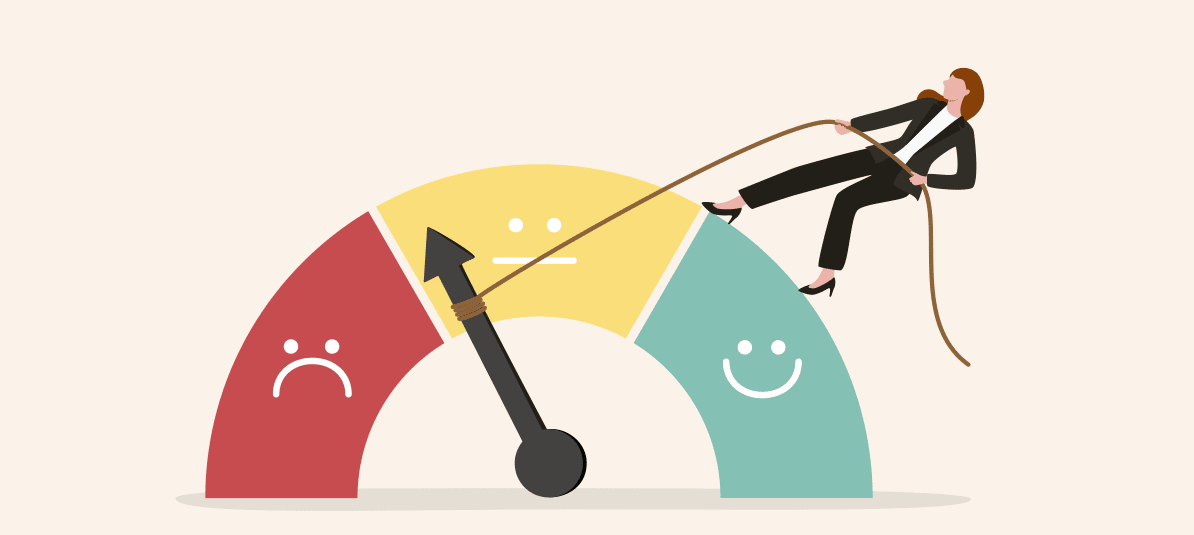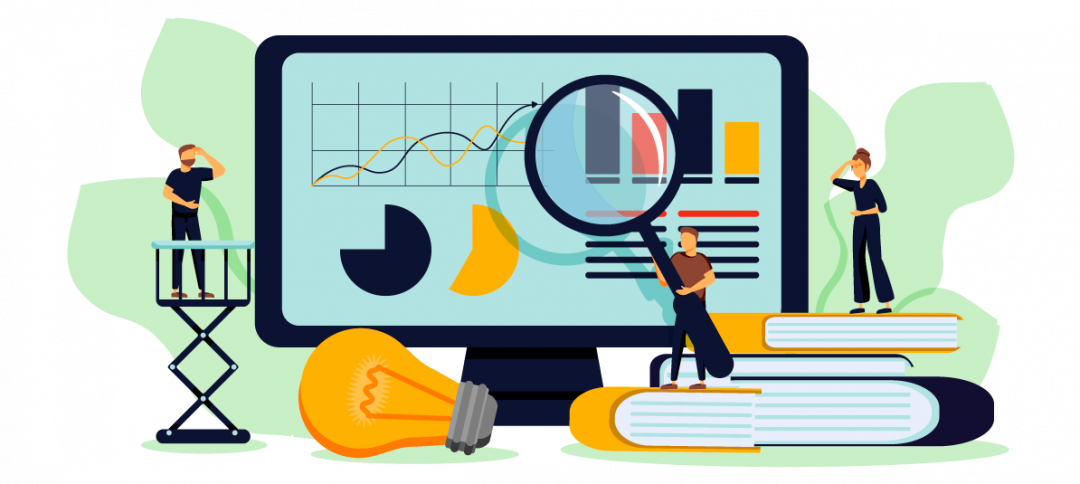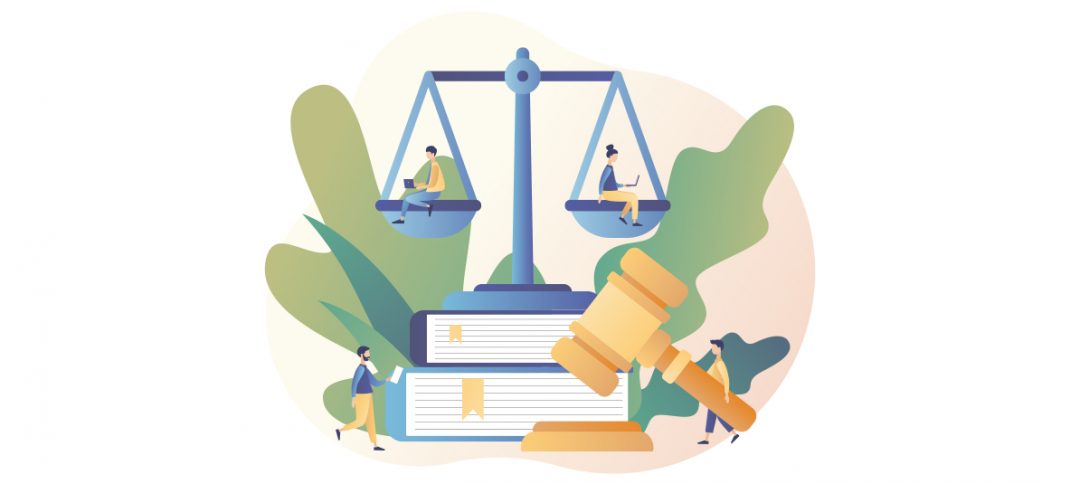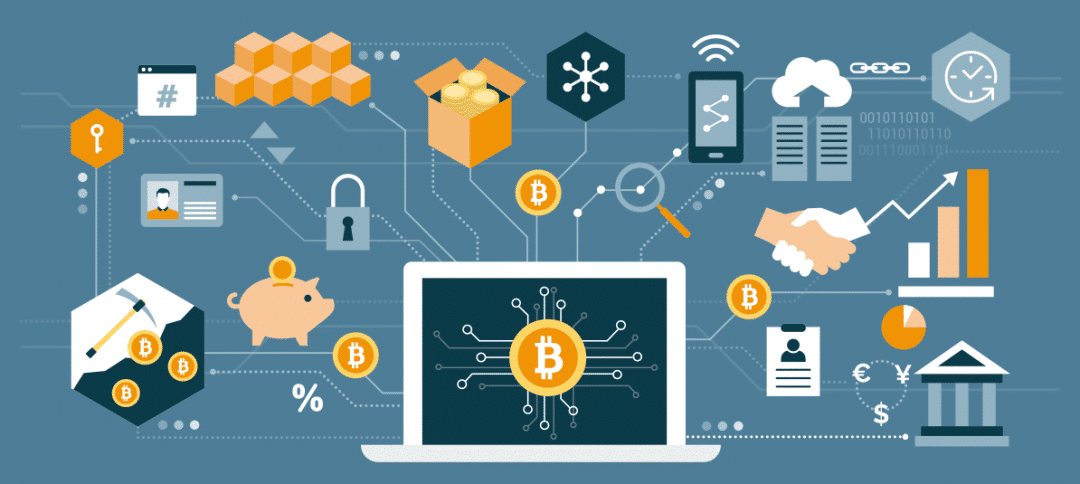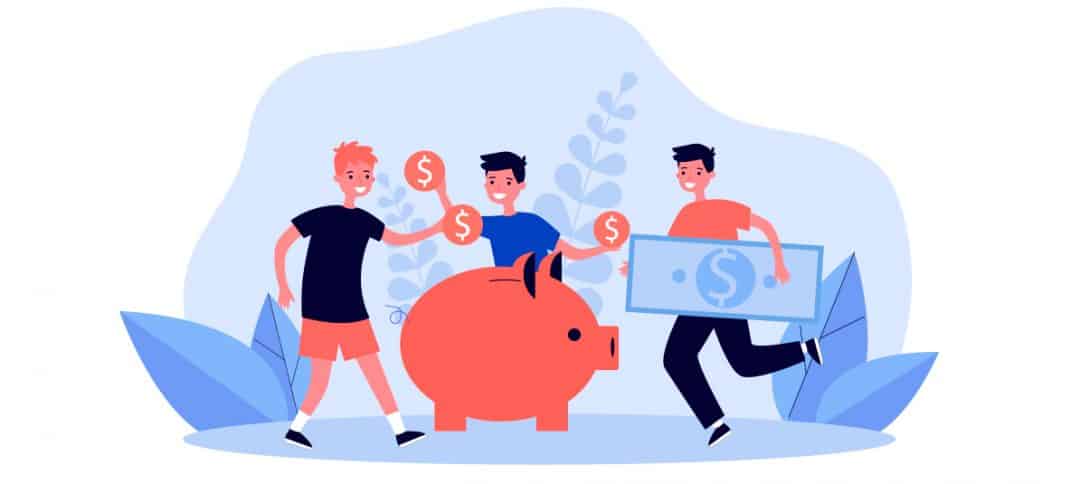How can you tell the difference between the two? The main difference between good and bad debt is the use that you make of it, however you could also include the person’s level of indebtedness to differentiate between the two.
What is considered good debt?
When we talk about good debt we are not referring to a loan with good conditions. Zero percent financing with no fees would also be considered bad debt.
What defines good debts is their purpose, what they will be used for. In particular, it is recognised that good debts are those used to acquire an asset. This means debts used to finance something that will gain value over time, that will help you to earn more money than the amount loaned plus the interest.
A typical example of good debt is a mortgage to purchase a house to rent, an asset that allows you to earn money including while you are paying off the debt. You could pay 500 euros towards a mortgage and receive an income of 700 euros per month, leaving a balance of 200 euros in your account without taking into account costs and incomes. Furthermore, once the mortgage debt is paid your income would shoot up.
Also included within good debt would be loans to finance your studies or a loan to make an investment at a lower rate, although care must be taken with this kind of debt as the return may not be as expected.
In general, good debt is any loan that is used to buy an asset that will earn you money, whether that is because its value will increase over time (antiques and other alternative investments), or will help you increase your income (create a business, make a passive income or improve your salary or training).
What is considered bad debt?
On the other side is bad debt. Bad debt can be summed up as everything that is not included in the previous definition.
Bad debts are normally associated with consumerism. They are loans and credit that are used to buy a liability, something that will not earn you an income tomorrow.
There are thousands of examples of bad debt, such as loans to finance holidays, a television, weddings, communions and even parties. In fact, one of the ways to enjoy Christmas more,is not to go into debt to pay for it.
Some people consider that even a mortgage to buy your house is bad debt because your home is not an asset. The truth is that it can indeed be considered an asset and there are at least eleven ways to make money from a house.
Bad debt is made up of credit card debt, personal loans and consumer loans. Another characteristic of this kind of debt is that they often have high interest rates making them even worse.
Do the loan conditions and level of indebtedness count?
What differentiates both kinds of debt is whether you buy an asset or a liability. In theory, the interest rate does not enter into the definition of both kinds of debt. However, it has a lot to do with when a debt is good or bad or how good or bad it is.
For better understanding, a loan with low interest rates will always be easier to cope with than one with high rates and will have less impact on your finances. However, there are loans which are directly detrimental, such as those created by credit cards that are used in a revolving way. The reason is that they combine very high interest rates with a borrowing system with means that the debt increases instead of decreasing.
Something similar occurs with your level of indebtedness. A debt to buy a television will never be a good debt, because you are purchasing something that will never generate any economic profit. However, it is not the same to make a purchase at 0% interest, saving 10% of your income per month and without any other debts, as to when you are up to your neck or you already use more than 40% of your income to pay debts.
In the end, the idea behind this difference between good and bad debt is that the first one helps you to improve your financial situation and increase your future assets, or to improve your cash flow (the money that comes in). On the other hand, bad debt means you lose financial freedom because you are buying a liability that does not provide you with any profitability.
In any case, you should never lose sight of the fact that debt is a dangerous travel partner. It is the principal cause of economic stress and creates an emotional weight regardless of whether it is good or bad debt.
For this reason, it is better to avoid it as far as possible, or use good debt to purchase assets that will improve your financial and living situation.



